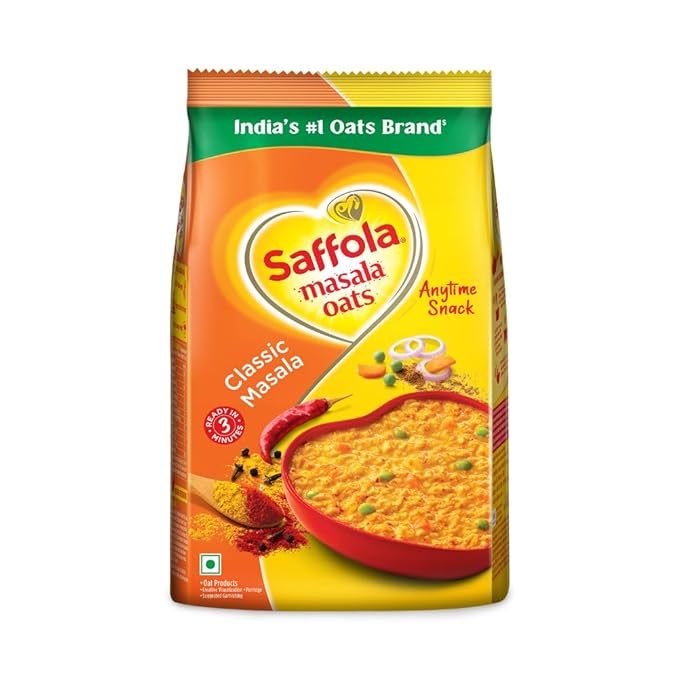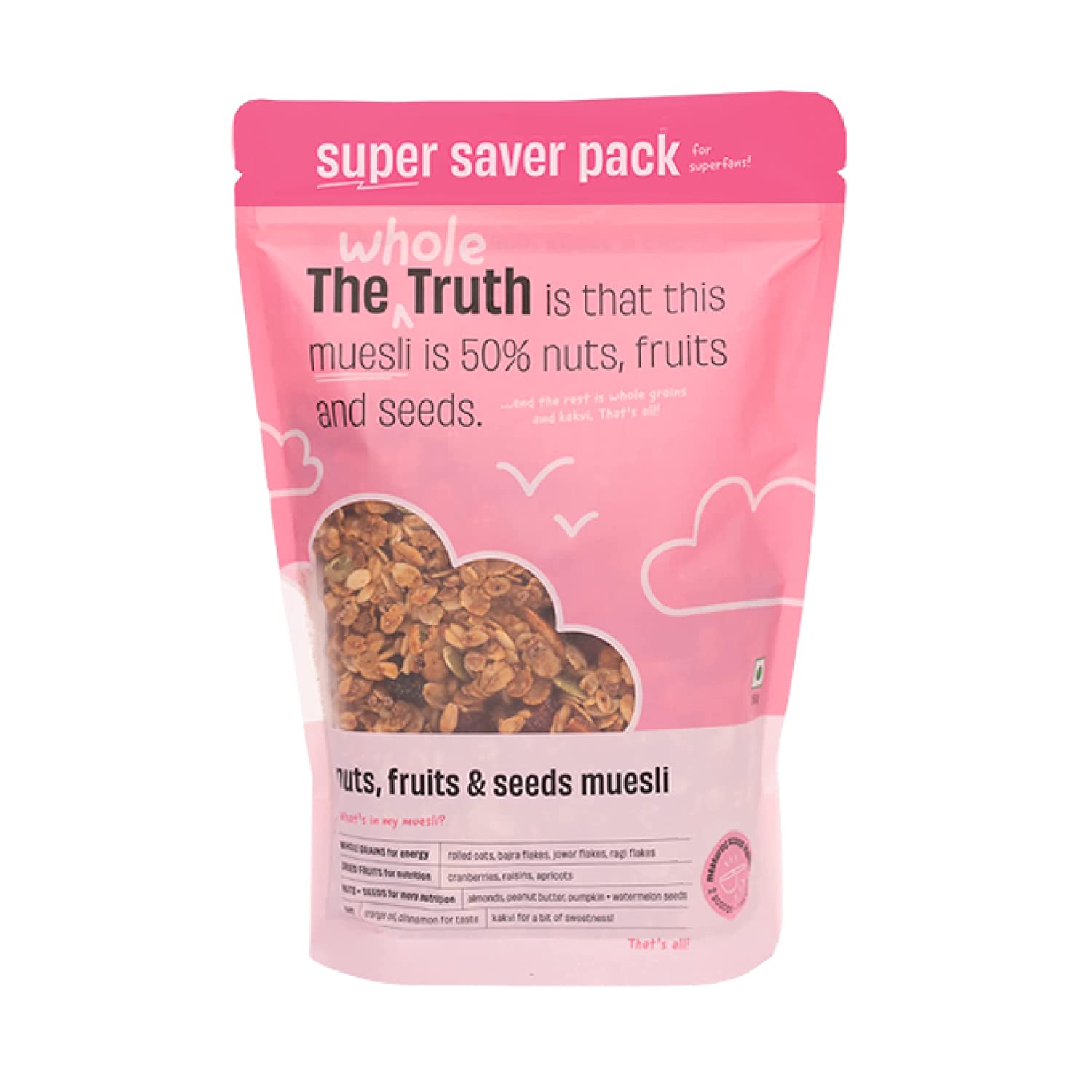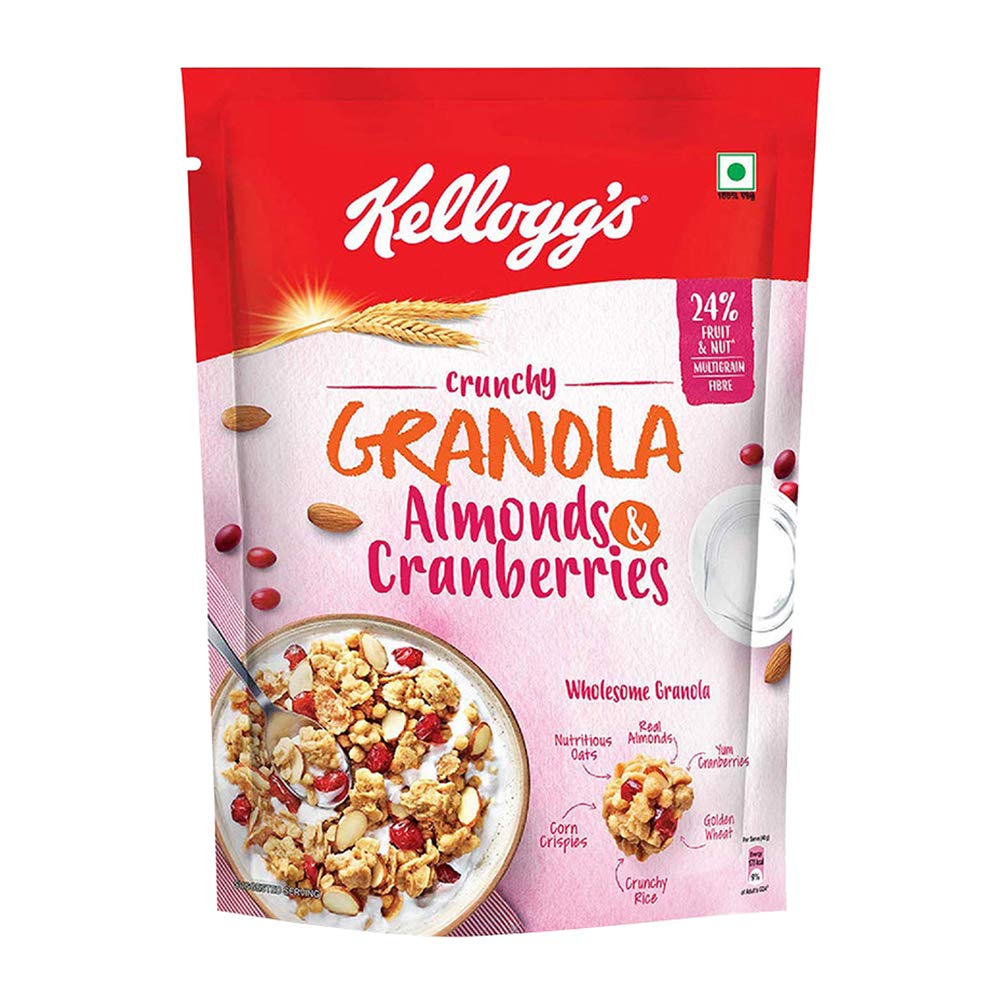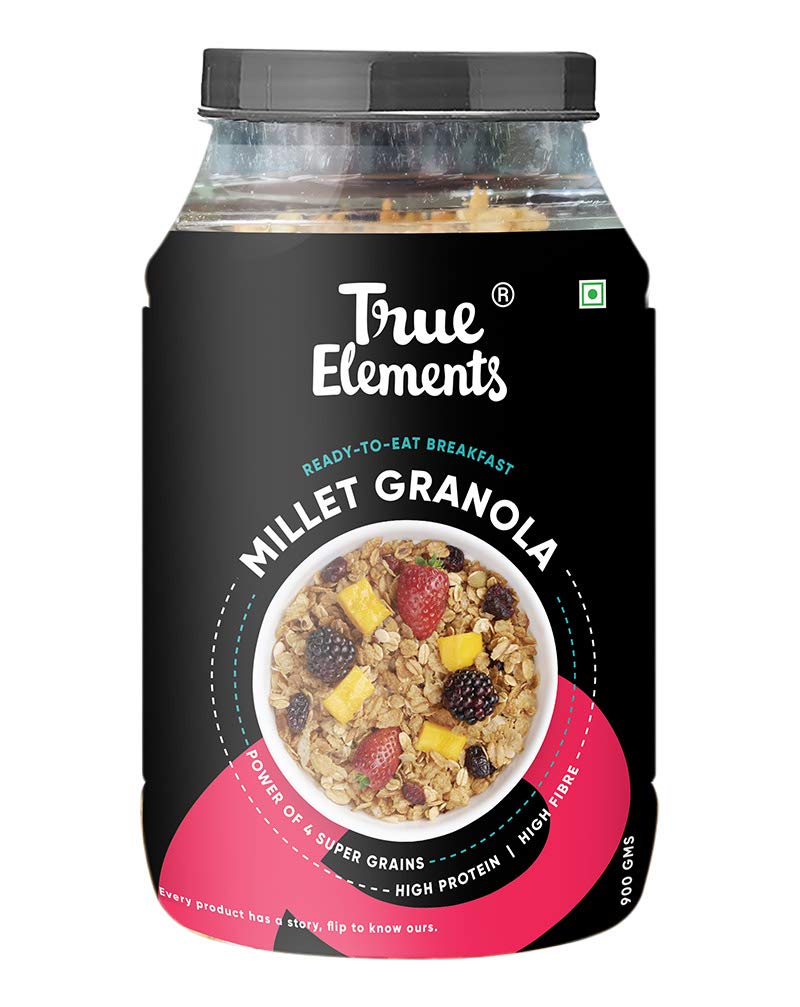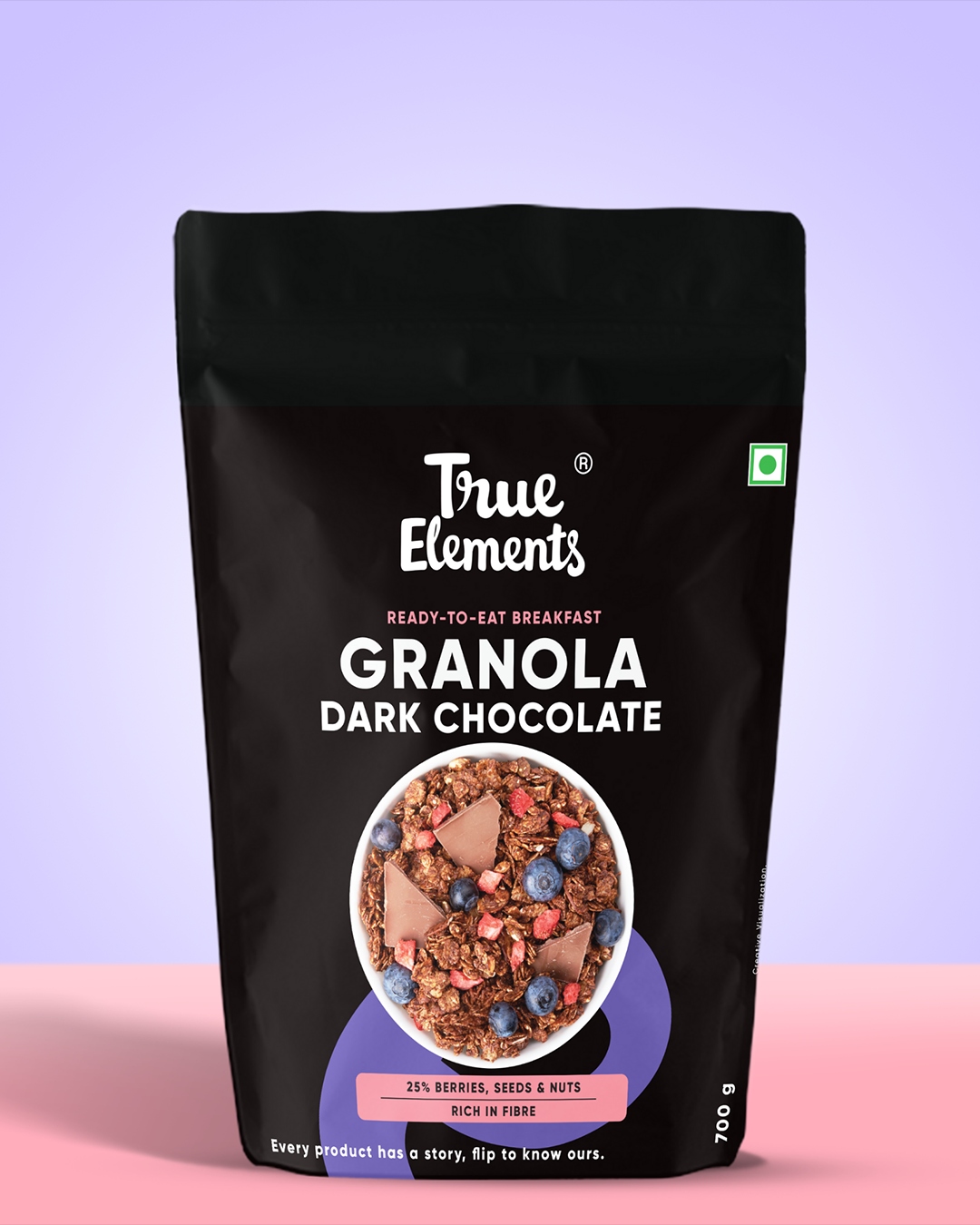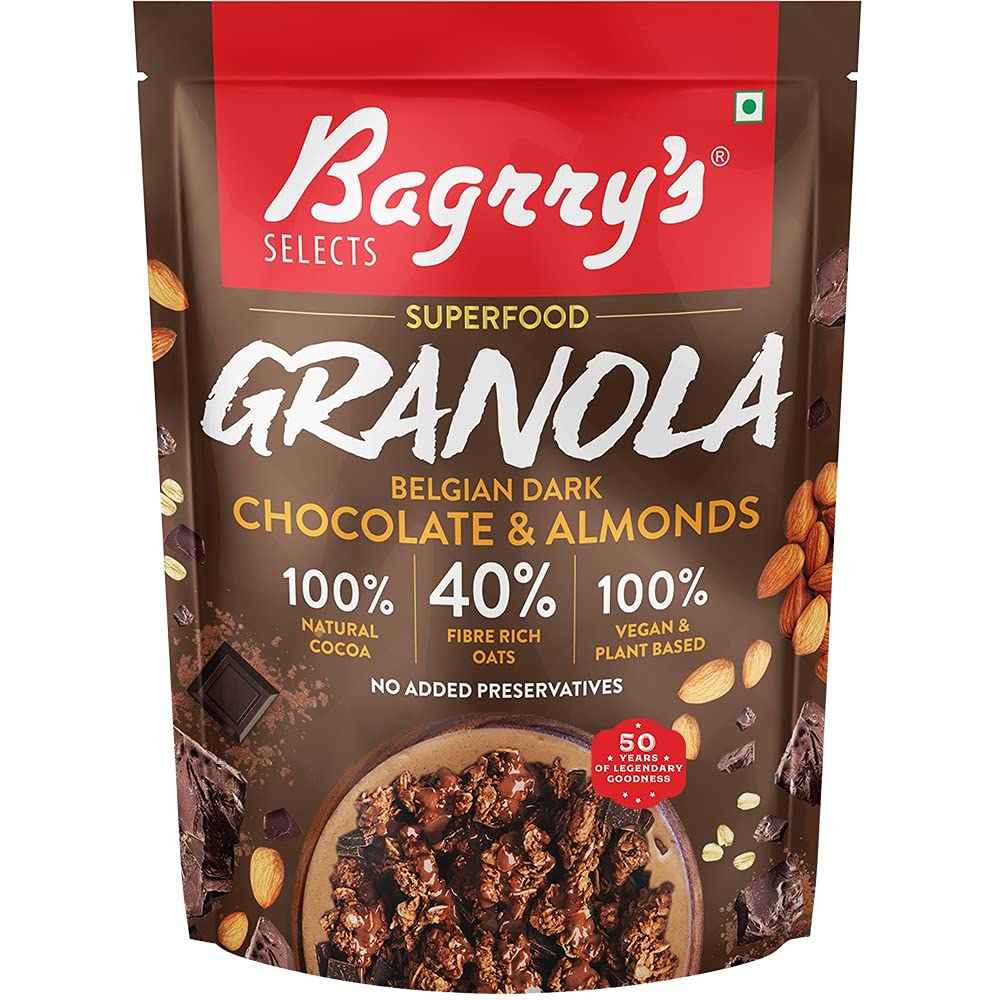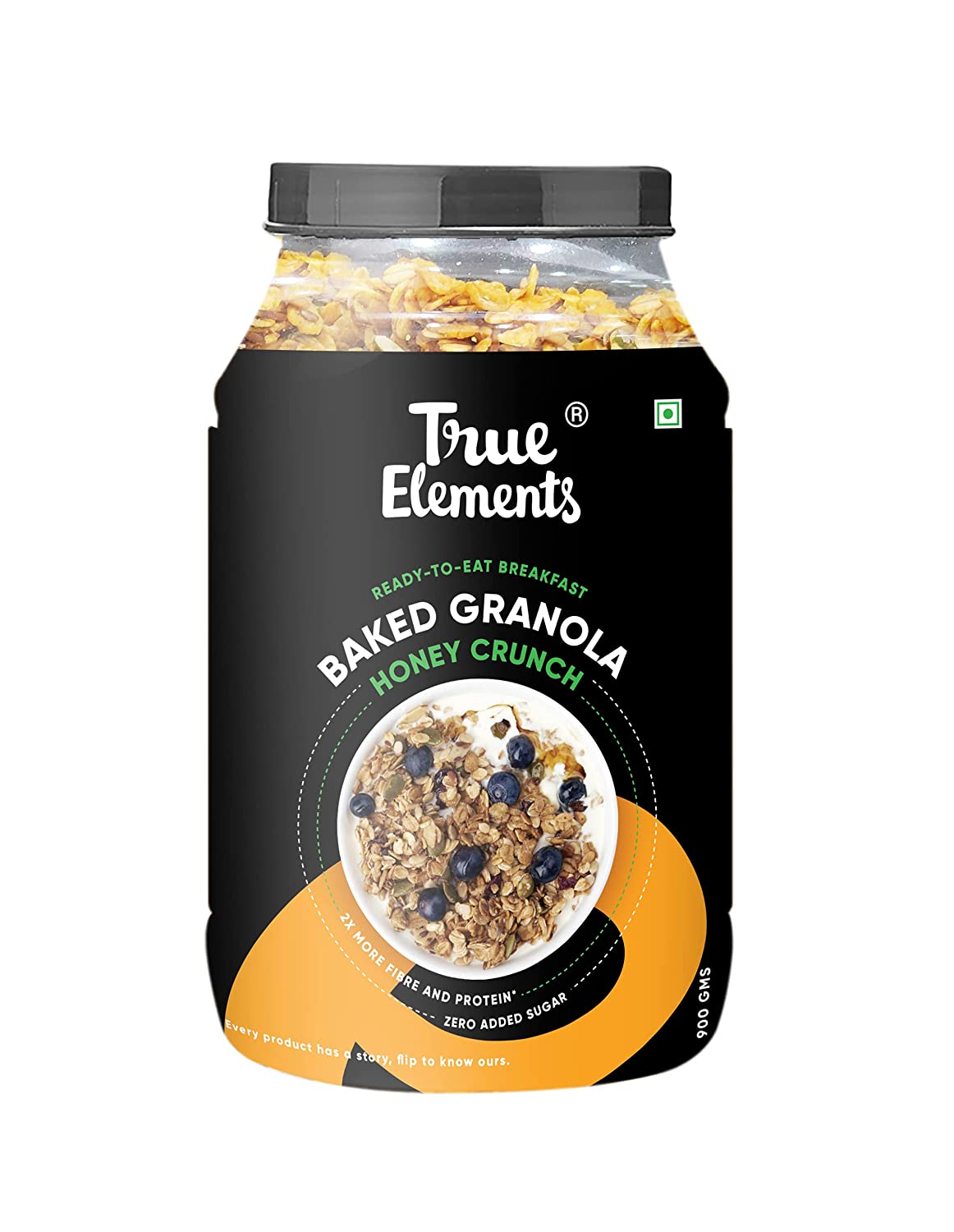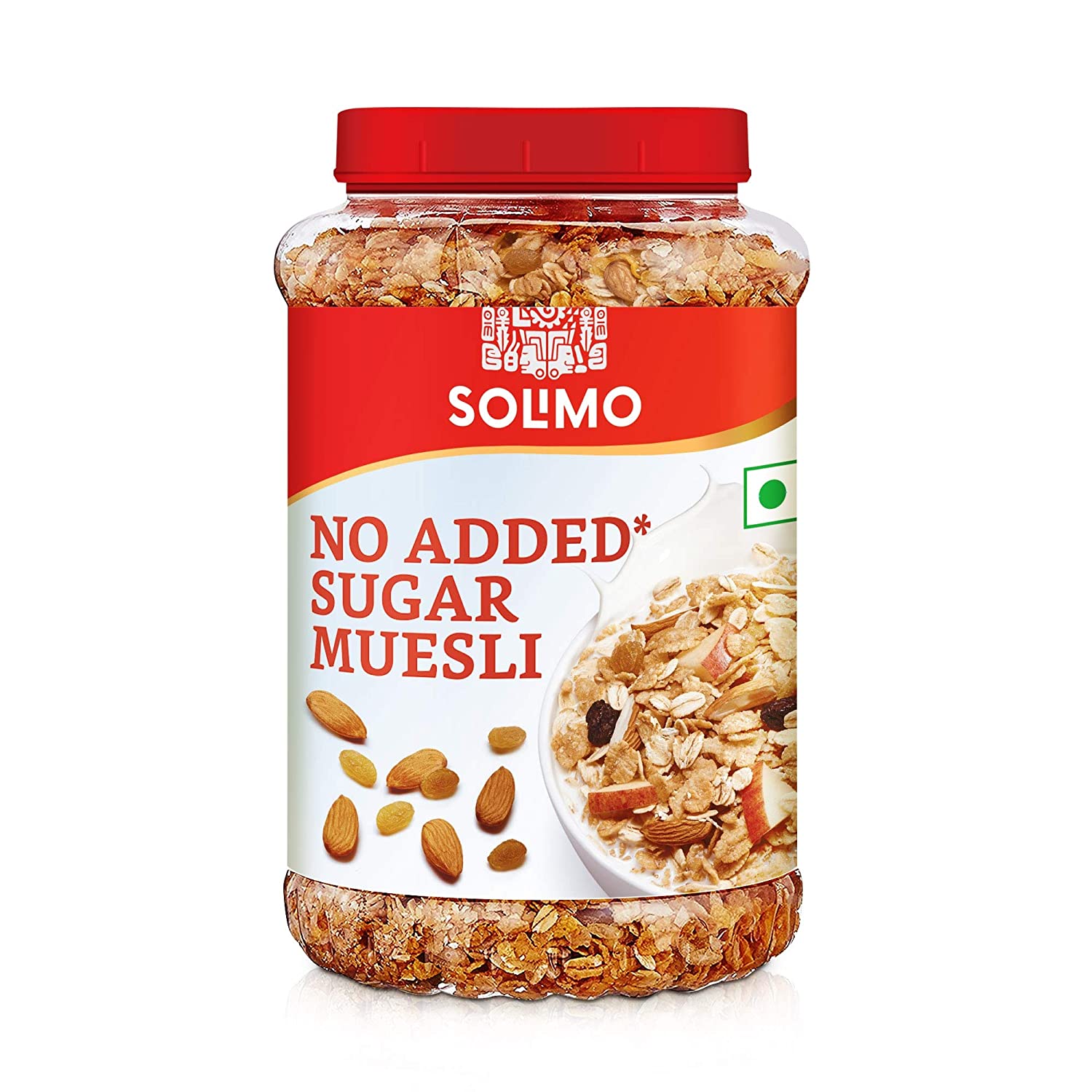Protein
Macronutrient
Last update date: October 11, 2023
The structure, function and regulation of the body's tissues and organs depend on macromolecules called Proteins.
Frequently Asked Questions
1.
What is Protein?
Protein is an essential nutrient present throughout our body, including our hair, skin, and muscles. It consists of numerous types that contribute to our overall composition. Proteins are made from amino acids, which act as the basic building blocks. Our bodies can synthesize some amino acids, but there are nine essential amino acids that must come from our diet as our bodies do not store them.
2.
What is positive impact of Protein?
Protein offers several beneficial effects on our health: Building Tissues and Muscles: Protein plays a vital role in the growth, repair, and maintenance of our body's tissues and muscles. Enzyme Production: Proteins are essential for the production of enzymes that facilitate various biochemical reactions in our bodies. Hormone Production: Certain proteins contribute to the production of hormones, regulating bodily functions. Immune Function: Protein aids in the production of antibodies, strengthening our immune system. Providing Energy: While not the primary source of energy, protein can be utilized as a source of fuel when needed.
3.
What is negative impact of Protein?
Excessive protein intake may lead to negative effects such as: Digestive Discomfort: Consuming too much protein can cause intestinal discomfort, indigestion, and related issues. Dehydration: High-protein diets can increase fluid requirements, potentially leading to dehydration if not properly balanced with hydration. Fatigue: Excessive protein consumption may result in unexplained exhaustion and feelings of fatigue. Digestive Symptoms: Nausea, irritability, headaches, and diarrhea can occur with an imbalanced protein intake.
4.
Who should avoid Protein?
Individuals with kidney and liver problems should monitor their protein intake as recommended by healthcare professionals to prevent further complications.
5.
What are common sources of Protein?
In an Indian context, protein can be obtained from various sources, including: Lean Meats: Beef, lamb, veal, pork, and kangaroo (if available) are good sources of protein. Poultry: Chicken, turkey, duck, emu, goose, and bush birds offer protein-rich options. Fish and Seafood: Fish, prawns, crab, lobster, mussels, oysters, scallops, and clams are excellent sources of protein. Eggs: Eggs provide a high-quality protein option that is readily available. Dairy Products: Milk, yogurt (especially Greek yogurt), and cheese (especially cottage cheese) are protein-rich dairy sources. Plant-Based Sources: Soy, hemp, and peas are plant-based protein sources suitable for vegetarian and vegan diets.


